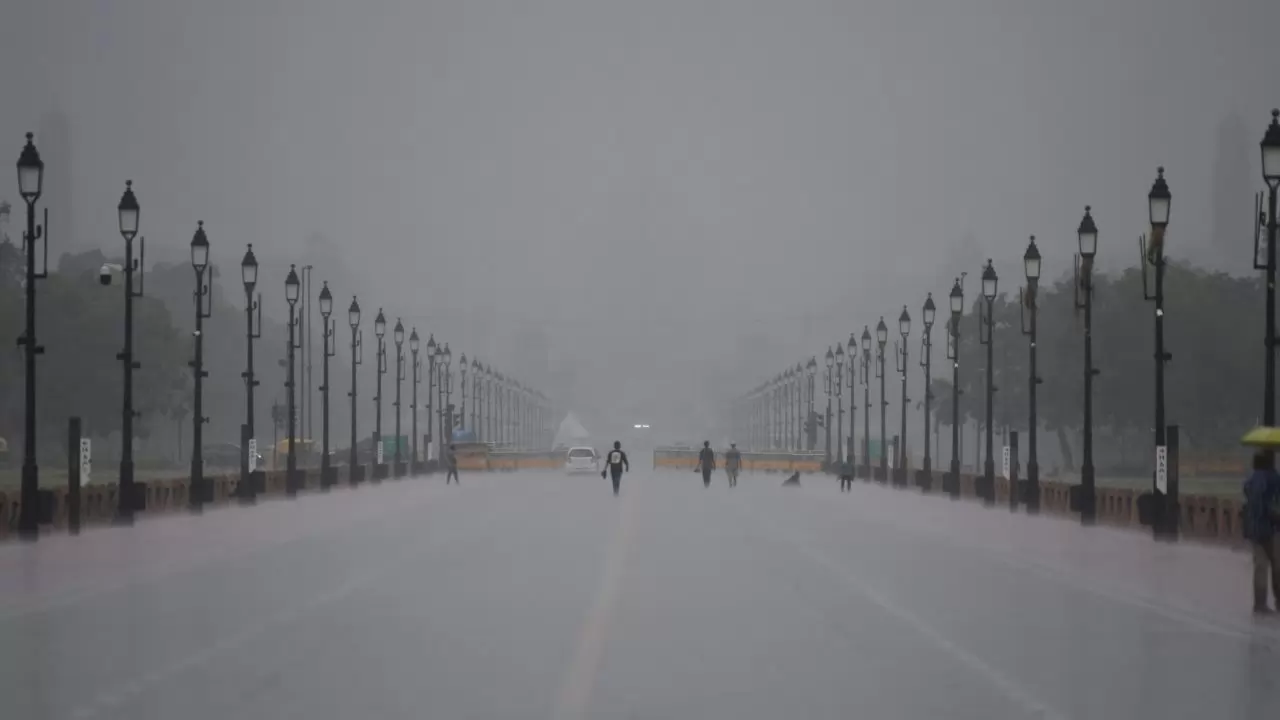
Image used for representative purpose only. (ANI)
New Delhi: In a crucial decision aimed at tackling Delhi's air quality concerns, Environment Minister Gopal Rai announced on Thursday that the government would not impose the third phase of the Graded Response Action Plan (GRAP-III). The move comes after predictions of improved air quality in the coming days, as reported by ANI. The announcement followed a detailed assessment by the Commission for Air Quality Management (CAQM), which determined that anticipated weather changes could lead to better Air Quality Index (AQI) levels.
Delhi’s AQI was reported at 425 at 1 PM on Thursday by the Central Pollution Control Board (CPCB), placing it in the "severe" category for the second consecutive day. This marked the first instance of severe pollution this year, which the CAQM attributed to “unprecedented extremely dense fog.” Despite these alarming figures, the CAQM decided to refrain from implementing GRAP-III measures, citing potential improvements due to rising temperatures and wind speeds.
The GRAP-III plan includes stringent measures such as a ban on all construction and demolition activities, promotion of public transport, and temporary suspension of in-person classes up to grade 5. These actions are typically enforced when air pollution reaches hazardous levels, necessitating immediate intervention. Currently, Delhi is adhering to GRAP-II provisions to curb pollution levels.
Environment Minister Gopal Rai reassured citizens that all departments have been instructed to rigorously implement GRAP-II protocols. “We are closely monitoring the situation and ensuring strict compliance to prevent escalation to GRAP-III,” Rai stated at a press conference. He attributed the recent spike in pollution to two factors—lower temperatures resulting from snowfall in mountainous regions and a significant drop in wind speed.
Optimism remains high as meteorological predictions suggest an easing of pollution in the coming days, fueled by increased wind activity and temperature shifts. Authorities are hopeful that these factors will help stabilize the AQI and avoid harsher restrictions.





Copyright © 2026 Top Indian News
